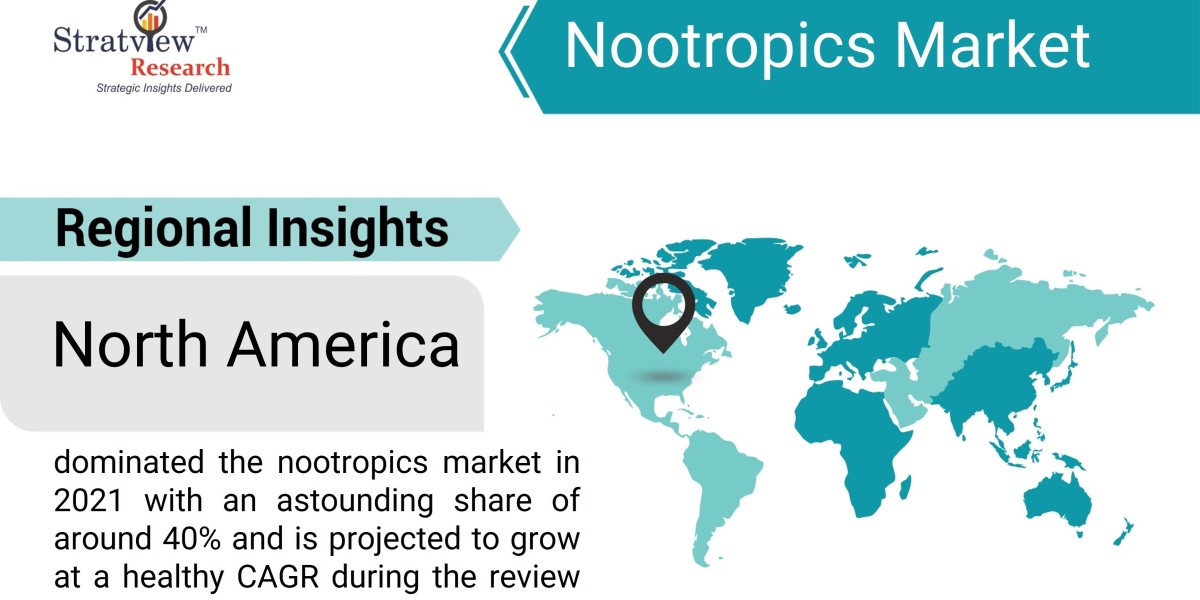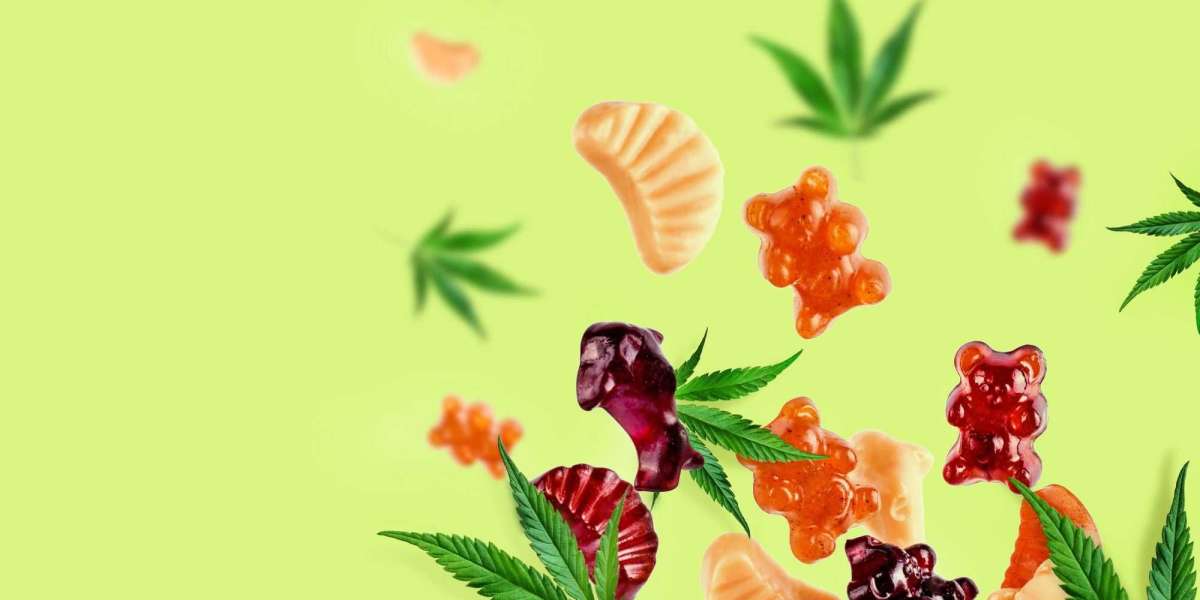According to Stratview Research, the nootropics market was estimated at USD 10.7 billion in 2021 and is likely to grow at a CAGR of 15.07% during 2022-2028 to reach USD 28.66 billion in 2028.
The quest for mental clarity, improved focus, and enhanced cognitive performance is a timeless pursuit. Throughout history, humans have explored various substances to boost their brainpower. From traditional remedies to modern innovations, the world of brain boosters has evolved significantly. In this article, we'll embark on a journey through time, exploring the evolution of brain boosters, from coffee to the fascinating realm of nootropics.
Coffee: The Timeless Stimulant
Our journey begins with a humble beverage that has been a staple of human culture for centuries – coffee. Coffee, derived from the beans of the Coffea plant, is renowned for its stimulating properties, primarily attributed to its high caffeine content. Caffeine is a natural stimulant that enhances alertness and temporarily wards off drowsiness. It has been cherished for its ability to kickstart the day and keep individuals awake during long nights of work or study.
Coffee's cognitive-enhancing effects are well-documented. It improves mood, enhances concentration, and sharpens mental clarity. The caffeine in coffee works by blocking adenosine, a neurotransmitter responsible for promoting sleep and relaxation. This blockade results in increased dopamine and norepinephrine levels, leading to heightened alertness.
Traditional Remedies: Nature's Brain Boosters
Before the modern era, various cultures turned to nature for brain-boosting remedies. These traditional remedies often included herbs and botanicals that were believed to enhance cognitive function. Here are a few examples:
Ginkgo Biloba: Derived from the leaves of the ginkgo tree, this herbal remedy has been used in traditional Chinese medicine for centuries. Ginkgo biloba is believed to improve memory and cognitive function.
Bacopa Monnieri: Also known as Brahmi, this herb is a staple in Ayurvedic medicine. It is used to enhance memory, concentration, and overall cognitive performance.
Panax Ginseng: Ginseng, particularly Panax ginseng, is prized for its adaptogenic properties, which are believed to support mental clarity, energy, and focus.
Turmeric: The active compound in turmeric, curcumin, has antioxidant and anti-inflammatory properties that may support brain health and cognitive function.
The Rise of Nootropics: Modern Cognitive Enhancement
The 21st century has witnessed a surge in interest in cognitive enhancement, giving birth to the nootropics industry. Nootropics, often referred to as "smart drugs" or "cognitive enhancers," are substances believed to improve cognitive function, memory, creativity, and motivation. They encompass a wide range of compounds, including synthetic chemicals and natural ingredients.
The appeal of nootropics lies in their potential to provide a competitive edge in an increasingly demanding world. Students, professionals, athletes, and individuals of all walks of life seek cognitive enhancement to excel in their endeavors.
Nootropics vs. Coffee: A New Frontier
While coffee remains a beloved go-to for an energy boost and improved focus, nootropics represent a new frontier in cognitive enhancement. Unlike coffee, nootropics are often designed for specific cognitive functions and are believed to provide more sustained benefits.
Nootropics include compounds like racetams, which are synthetic chemicals believed to enhance memory and learning, as well as natural ingredients like ginkgo biloba, which has been used for centuries for its cognitive benefits.
Challenges and Considerations
As the world of nootropics continues to grow, it faces challenges and considerations. Safety, regulation, and individual responses to nootropics vary widely. Some nootropics lack robust scientific validation, and their long-term effects are not well understood. Regulatory oversight also varies by country, with some nootropics existing in a legal gray area.
Additionally, individual responses to nootropics can differ significantly. What works for one person may not work for another, necessitating a trial-and-error approach.
The Future of Brain Boosters
The future of brain boosters holds promise and intrigue. Scientific research on cognitive enhancement is ongoing, leading to more precise formulations and a deeper understanding of mechanisms of action. The integration of nootropics into broader wellness and healthcare strategies may become more commonplace.
However, ethical questions about fairness and potential abuse of cognitive enhancers in competitive environments remain. Ensuring the safety and responsible use of these substances will be essential as the field of cognitive enhancement continues to evolve.
In conclusion, the journey through the evolution of brain boosters, from coffee to nootropics, showcases humanity's enduring quest for mental clarity and cognitive enhancement. As we navigate this fascinating terrain, it's essential to approach these brain-boosting substances with caution, conduct thorough research, and prioritize safety and responsible use. The pursuit of cognitive enhancement will likely remain a timeless endeavor as individuals seek ways to optimize their mental performance in a rapidly changing world.



